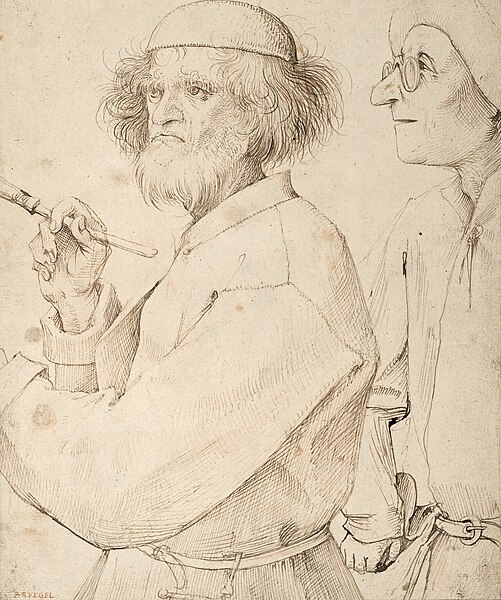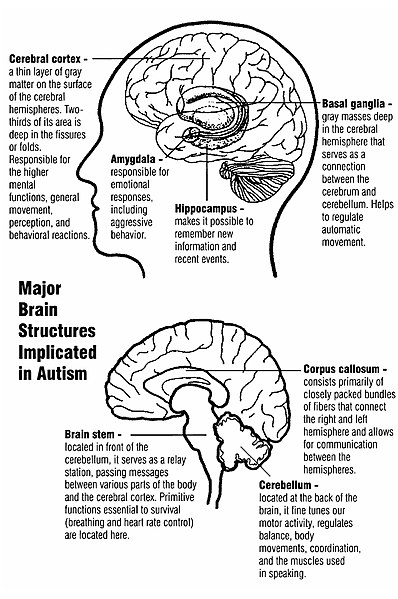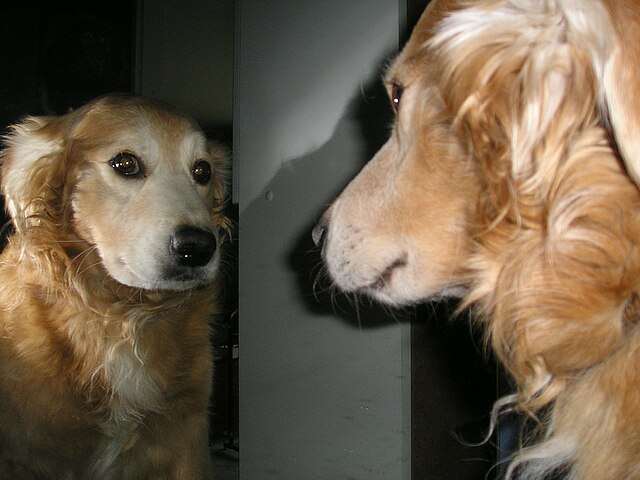Self-consciousness is a heightened sense of awareness of oneself. It is not to be confused with consciousness in the sense of qualia. Historically, "self-consciousness" was synonymous with "self-awareness", referring to a state of awareness that one exists and that one has consciousness. While "self-conscious" and "self-aware" are still sometimes used interchangeably, particularly in philosophy, "self-consciousness" has commonly come to refer to a preoccupation with oneself, especially with how others might perceive one's appearance or one's actions. An unpleasant feeling of self-consciousness may occur when one realizes that one is being watched or observed, the feeling that "everyone is looking" at oneself. Some people are habitually more self-conscious than others. Unpleasant feelings of self-consciousness sometimes become associated with shyness or paranoia.
Svetlana reflects herself in the mirror (painting by Karl Briullov, 1836).
In philosophy of self, self-awareness is the experience of one's own personality or individuality. It is not to be confused with consciousness in the sense of qualia. While consciousness is being aware of one's body and environment, self-awareness is the recognition of that consciousness. Self-awareness is how an individual experiences and understands their own character, feelings, motives, and desires.
The Painter and the Buyer (1565). In this drawing by Pieter Brueghel the Elder, the painter is thought to be a self-portrait.
Major brain structures implicated in autism
The mirror test is a simple measure of self-awareness.




